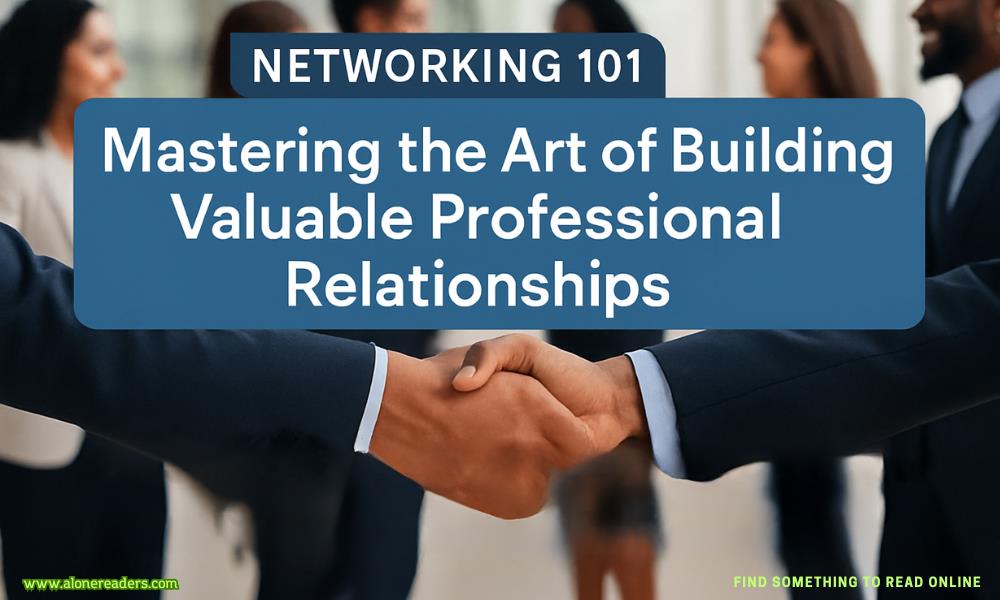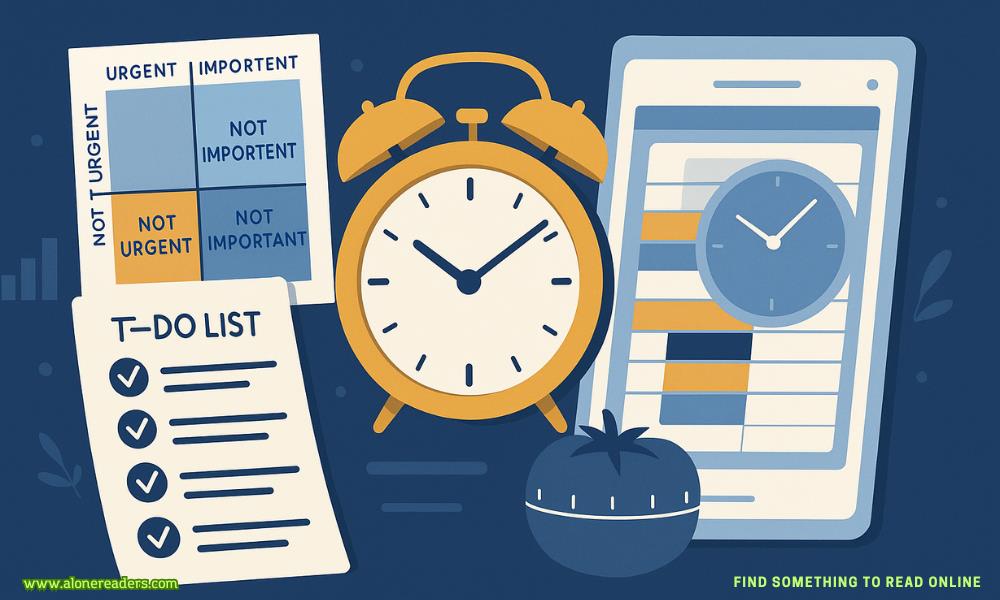Page 57 of In the Garden of Monsters
Dalí paused, his brush hovering in the air as he considered my question. “Ah, Proserpina, it is not merely the physical form that I capture. It is the essence, the soul, that I seek to render. Your presence, your energy—they are as crucial as the lines and colors. It’s an alchemy of reality and imagination. The key is to look beyond what is visible to the naked eye and capture the intangible aura of the subject.”
His words, hinting at a deeper artistic philosophy, intrigued me. “So, it’s about capturing more than just the physical appearance? It’s about portraying the unseen aspects?”
“Yes, precisely,” Dalí responded, his eyes alight with passion. “Each subject, each muse, has an aura, a unique spirit. An artist must learn to see and translate this onto canvas. It is what elevates a painting from a mere portrait to a masterpiece.”
I shifted slightly, trying to find a more comfortable position for my hands on the cold rocks. “But how do you capture this aura?”
“It is an intimate duet between artist and the muse, where emotions pirouette and leap into a realm that transcends the physical. The canvas becomes a portal to a world where the tangible and intangible embrace in a passionate tango of colors and forms.”
While this still told me nothing, I was encouraged by his response, and decided to ask about the creative process from a more personal angle. “But what if the muse wants to be the one holding the brush? What if she wants to create, not just inspire creation?”
Dalí had turned back to his canvas. “That is not the role of the muse. The muse is the mirror that reflects the artist’s genius.” He sounded irritated.
A knot tightened in my stomach. “A mirror only shows you what’s already there. It doesn’t add anything new. But what happens if the muse decides to look into the mirror?”
Dalí paused, lifting his eyes to meet mine. “She sees only illusion, because the muse is eternal, unchanging. She is the constant in a world of variables, the North Star guiding the artist’s hand.”
I sighed, feeling the weight of centuries of muses who’d been relegated to the background. “Maybe it’s time for the North Star to turn comet, charting her own bright, burning course across the heavens.” My own aspirations felt like that comet, yearning to blaze a trail of creativity and recognition.
Dalí frowned, considering my words. “My dear Proserpina, your spirit glows with the intensity of a thousand suns. Yet you must understand—the muse is the egg from whence the great artist is hatched. She is the womb-like cocoon where his nascent genius gestates until bursting forth in a rapturous explosion of creative splendor. Without his muse, the poor artist is but a shriveled larva, helpless, mute, and destined to perish in obscurity.”
I shook my head, unmoved by his dramatic metaphors. “But the muse contains multitudes, just as the artist does. She, too, deserves the chance to shape her own visions, to give birth to creations made of her essence. Why must she always remain your silent incubator?” My thoughts drifted to my own pieces, hidden away, waiting for some gallery to give them the light of day.
Dalí waved his hands wildly, nearly upsetting his palette. “Because, my dear, the muse must be the gardener patiently tending the seeds! Yours is the soul of theMona Lisa’s smile, eternally serene and endlessly enigmatic. To demand more would rupture the delicate cosmic order that produces true art.”
Though he attempted to elevate my role to pacify me, I was still confined to being his muse, not granted any agency as an artist myself. It also dismissed all the women artists who came before me.
I tried a different angle. “You say Gala is your eternal muse. That together you form the divine couple. Yet you deny other women that creative power. Why must Gala be the exception?”
Dalí bristled at my questioning. “It is simple—Gala possesses the ferocious, tenacious spirit of a warrior muse! Other women are content as placid lakes reflecting my brilliance. But Gala’s psyche is a snarling whirlpool, threatening to pull me into unknown depths. She commands by refusing to submit—thus she compels me to ever greater heights.”
“So no woman can be your equal unless she dominates you? We either idolize you or torment you?” I challenged, feeling a surge of frustration at the narrow path laid out for women in art.
Dalí threw up his hands dramatically. “You fail to grasp the mystical symbiosis between artist and muse. It is a dangerous dance—one wrong step could destroy us both.”
I held his gaze firmly. “I think you enjoy standing safely on the pedestal while women remain below. But I dare you to think differently. I believe true inspiration comes when the muse is unbound.” My words were bold, but inside, I harbored doubts about my own ability to break free from these constraints.
Dalí’s eyes flashed with irritation—he was not accustomed to being challenged so bluntly. He avoided my eyes and went back to painting. I sighed. But after a few minutes, he said, without looking up, “The muse nurtures the artist’s spirit. This, too, is art. Do not underestimate your part in all this, Proserpina. Few will ever have so much divine inspiration as you.”
He wouldn’t say more unless it was to instruct me to lift my hands or turn my face a certain way. My further attempts at conversation were met with stony silence.
After an interminably long, chilly morning standing in the mossy basin, Dalí finally declared that I could lower my arms and put my clothes back on. Our companions had not returned at all during our session and I wondered if I was the only one who had lost their clothes in the course of the morning.
Dalí was quiet as we walked back up the path toward theorco, but when I ventured to ask if it was because he was angry with me, he shook his head and waved me off, indicating he was merely lost in thought.
A meow at my side drew my attention to Orpheus. He looked up at me with his blue eyes and meowed again until I picked him up. He immediately climbed onto my shoulder. Dalí seemed to soften in his presence and he reached up to pet the beast.
Theorcowas empty, but we heard voices on the hippodrome behind the monster, so we made our way toward Proserpina’s bench. A table had been set on the patchy grass that sprawled out between the goddess and the three statues of the siren, mermaid, and Fury.
Three mute servants poured us wine and set dishes before us. I scanned the food but didn’t see any pomegranate seeds. Orpheus took up a spot under my chair and his tail swished against my leg as we ate.
Ignazio was nowhere to be seen, probably still fuming over my refusal to down another pomegranate seed. When Gala asked about our host, the waiters ignored her, as though she had not spoken to them at all. Irate, she grasped one of the men by the arm.
“I’m speaking to you,” she hissed.
The man, who was about sixty with a head of perfectly coiffed, peppered hair, only stared at her blankly, as if he couldn’t quite comprehend what he was looking at. Finally, exasperated, she let his arm go. He turned from her as though nothing had happened.
“What’s wrong with these people?” she said, waving her hands at the servants who were making their way up the path toward the entrance, pushing a food cart in front of them.
- Cinderella and the Outback Billionaire by Kelly Hunter
- Beautiful Venom by Rina Kent
- Connor by Samantha Skye
- Mated by Jenika Snow
- Daddy by J.L. Quick
- Fetch by M. Violet
- Loving My Brother's Best Friend by Lena Little
- Hot Cops by Mari Carr
- The CEO by Alexis Winter
- Phixmery by S.E. Alexander
- Veil of Smoke by Sarah Sterling
- Veil of Ashes by Sarah Sterling
- Giovanni the Savage by Sarah Sterling
- Summer Love by Lea Coll
- Sullied Saints by Eva Heart
- Stalked by Leo Rivers







